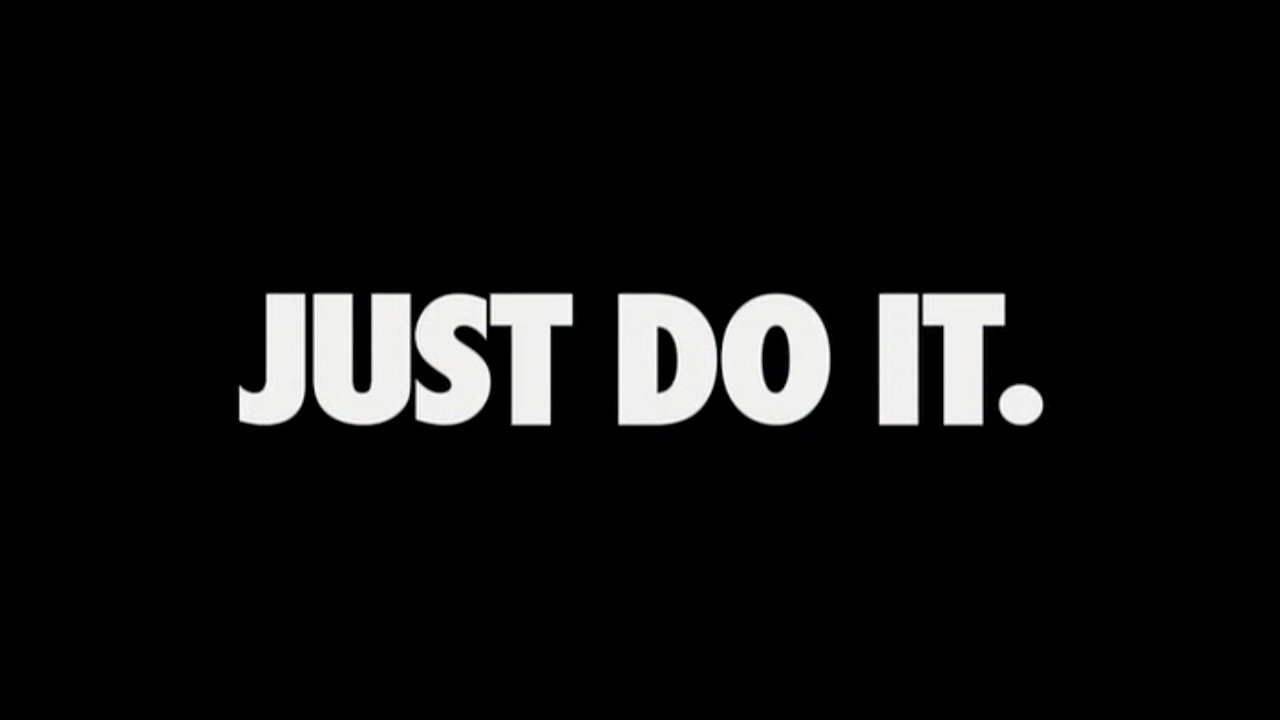
If you sometimes put off until tomorrow what you should really do today, you’re not alone. For some, their procrastination is so bad that it causes problems in their jobs and in their personal lives. If this sounds like you, try a simple exercise: Start the day — every day — with ONE thing you’ve been putting off, and get that one thing done. Then sit back and enjoy the feeling that it brings.
Of course it’s always smart to pause and think before making a big decision, but most decisions are about small things. It’s those things that tend to pile up: errands, bills, calls to make, etc. These little things can accumulate into big things.
The worst procrastinators are the ones who ask themselves, “Why do I procrastinate so much?” There’s really no answer. Asking that question is really nothing more than looking for an explanation (an excuse) to even further put off whatever it is you’ve been putting off.
Just for fun, try spending the first couple of hours of the next few days doing things you’ve been postponing. When the time is up, reward yourself by doing whatever you feel like doing. This is a great technique if you’re retired, but it also applies just as well to your job. Start your workday by doing the things you’ve been avoiding, and then proceed to the things you don’t usually put off.
If you do procrastinate, don’t be negative. Dwelling on what you put off doesn’t solve anything. It’s best to stop analyzing and just get it done. As the days go by you’ll find you have a lot more relaxed time to do what you enjoy. Baby steps: Just get one extra thing done per day.
Research shows that twenty percent of the population see themselves as chronic procrastinators. Procrastination is more than just an issue with time management; it’s a mental problem. For one thing, people who procrastinate are great at lying to themselves. Classic movie buffs will remember Scarlett O’Hara in “Gone With the Wind” saying, “I’ll think about that tomorrow.” The flighty Miss O’Hara believed her own lies, and was good at it. This false belief system can become internalized in anyone who does it often enough.
The problem often starts in childhood. Children who grow up in chaotic or abusive environments may learn to put things off as a way to cope with the insanity around them. In the same way, children who grow up with rigid, controlling parents might put things off as a way of coping with the expected disapproval for not doing things perfectly. Though it’s sometimes helpful to understand where your procrastination problems started, that information is not necessary to your getting over it.
To change your habits, you must first believe that you can. Once you’ve done that, then change your thinking. Aside from buying into his or her own lies, the procrastinator is also over-optimistic. “Oh, I can do that. Oh, sure, I can do that too.” Sometimes it’s just an unwillingness to say no to (and possibly disappoint) others. Horror of horrors! Procrastination grows out of these wrong assumptions and poor mental habits.
Procrastination can also arise out of fear brought about by “all or nothing” thinking. In other words, “If I spend time dusting the house, I won’t have time to get more important things done.” But if you spend an hour here and there getting the smaller things done, you’ll be less stressed and more energized for the big things. Try it and see.
Benjamin Franklin, one of my favorite historical figures, said it best: “Well done is better than well said.” That’s eighteenth century-speak for “Talk is cheap. Just step up to the plate and do it!” You CAN change your outlook and commit yourself to doing rather than just intending. It really works. And it feels good, too.
